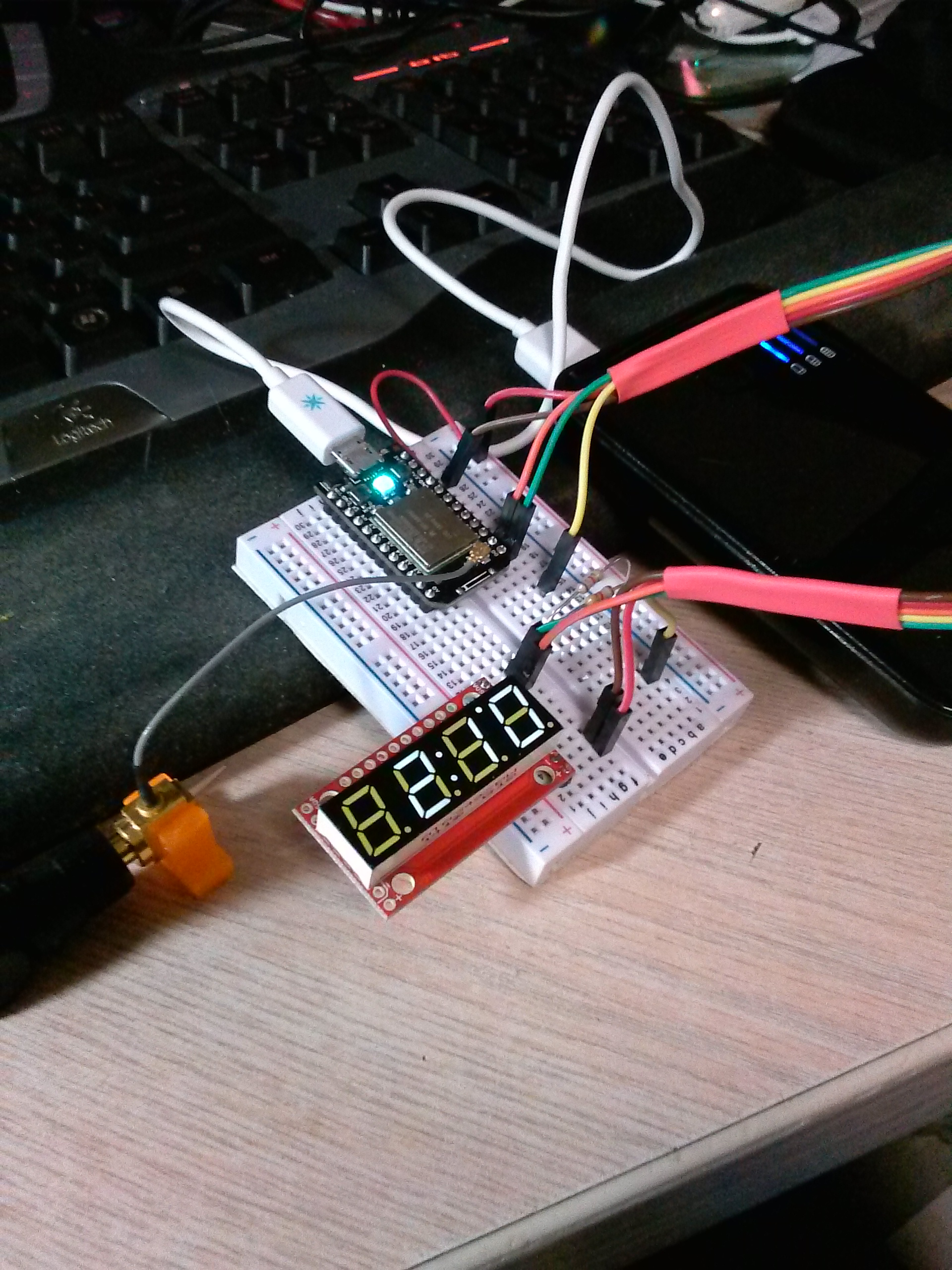

Wire.h library arduino download free#
(GPIO16 needs to be tied to RST to wake from deepSleep.)ĮSP.getFreeHeap() returns the free heap size.ĮSP.getChipId() returns the ESP8266 chip ID as a 32-bit integer. mode is one of WAKE_RF_DEFAULT, WAKE_RFCAL, WAKE_NO_RFCAL, WAKE_RF_DISABLED. ESP-specific APIsĪPIs related to deep sleep and watchdog timer are available in the ESP object, only available in Alpha version.ĮSP.deepSleep(microseconds, mode) will put the chip into deep sleep. See if you want to suggest an improvement or open an issue related to SoftwareSerial. SoftwareSerialĪn ESP8266 port of SoftwareSerial library done by Peter Lerup supports baud rate up to 115200 and multiples SoftwareSerial instances. Setting the Clock polarity (CPOL) is not supported, yet (SPI_MODE2 and SPI_MODE3 not working). SPI library supports the entire Arduino SPI API including transactions, including setting phase (CPHA). Wire.begin(0, 2) on ESP-01,Įlse they default to pins 4(SDA) and 5(SCL). Wire library currently supports master mode up to approximately 450KHz.īefore using I2C, pins for SDA and SCL need to be set by calling EEPROM.end() will also commit, and willĮEPROM library uses one sector of flash located just after the SPIFFS. Whenever you wish to save changes to flash. You need to call EEPROM.begin(size)īefore you start reading or writing, size being the number of bytes you want to use.ĮEPROM.write does not write to flash immediately, instead you must call mit() This is a bit different from standard EEPROM class. Instead, set a flag inside the ticker callback and check for that flag inside the loop function. It is currently not recommended to do blocking IO operations (network, serial, file) from TickerĬallback functions. Library for calling functions repeatedly with a certain period. WiFiServer, WiFiClient, and WiFiUDP behave mostly the same way as with WiFi shield library.įour samples are provided for this library. Sent to the multicast or unicast address. You can use udp.destinationIP() to tell whether the packet received was Udp.beginMulticast(WiFi.localIP(), multicast_ip_addr, port).

When listening to multicast packets, replace udp.begin(port) with Udp.beginPacketMulticast(addr, port, WiFi.localIP()). When sending a multicast packet, replace udp.beginPacket(addr, port) with WiFiUDP class supports sending and receiving multicast packets on STA interface.WiFi.printDiag(Serial) will print out some diagnostic info.WiFi.localIP() is for STA, WiFi.softAPIP() is for AP.

Wire.h library arduino download driver#
I’ve been creating a “Connected Little Boxes” driver for the BME280 environmental sensor (a personal favourite of mine). I hardly ever use them personally, I rely on people much cleverer than me to create libraries that I can use to talk to the hardware I want to use. They’re used by programs to communicate with devices over the I2C and SPI busses. The Wire.h and SPI.h Arduino libraries are kind of important.


 0 kommentar(er)
0 kommentar(er)
